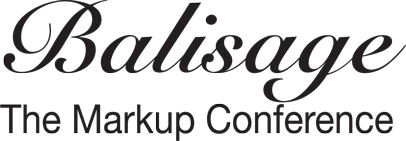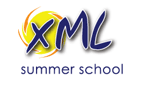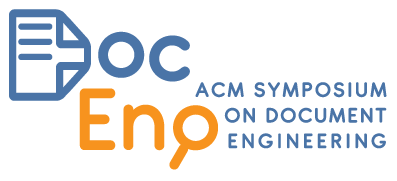First Schematron Users Meetup
The first, but hopefully not the last, Schematron Users Meetup is happening at XML Prague 2017. This could be the largest ever meetup of people interested in Schematron*. With only 90 minutes available, we’re aiming for broad rather than deep coverage of Schematron and how it’s used. Everyone who is registered for the conference is welcome to attend: separate registration is not required, so just come to Room RB211 at 10am on February 9.
The meetup outline is below and also on the Unconference Day page. The largest segment is the lightning talks, where we’re looking for you to tell the rest of us how you are using Schematron. If you want five minutes to show your stuff, then get in touch with Tony Graham, session organizer. If there’s any aspect of Schematron that you’re particularly interested in hearing about, then please let us know in the comments.
- Short overview of Schematron, its origins, how it works, and why it is useful
- Overview of implementations
Schematron is usually associated with XSLT, but it has been implemented in XQuery and is used with XML databases. This segment provides an overview of available implementations. If you’ve implemented a Schematron binding, please either contact Tony Graham or add a pull request for the Awesome Schematron list. - Update on ISO Schematron
ISO Schematron (2nd Edition) was standardized in early 2016 and became free (as in beer) later in 2016. It is likely that few people are aware of the update and that fewer still are aware of the changes between editions. Presented by Andrew Sales, current ISO Project Editor for Schematron. - Schematron Quick Fixes (SQF)
Overview of this useful adjunct to Schematron that is being standardized by W3C Community Group. Presented by Nico Kutscherauer, inventor of SQF. - Testing Schematron
How can you know that your Schematron is complete and correct? This portion looks at how to test Schematron, including STF by Tony Graham and the ideas behind SUTF by Jirka Kosek. - Multilingual Schematron
ISO Schematron defines a mechanism for multilingual schemas using sch:diagnostic. The standard XSLT implementation presents every translation of a message, but recent oXygen versions present only one translation based on the user’s language preference. Separately, the open source OmegaT translation tool can translate Schematron files, making it possible to have per-language versions of your Schematron that are translated as part of your general translation workflow. - Lightning talks/demonstrations
Five-minute presentations by Schematron users about how they use Schematron and/or SQF. Contact us if you want to present about your use. - Q&A discussion
General round-the-room discussion about aspects of Schematron and its use that were or weren’t covered by the previous segments.
* If you ignore the fact that a large chunk of the people in any plenary session of an XML conference are Schematron users or are interested in Schematron.












